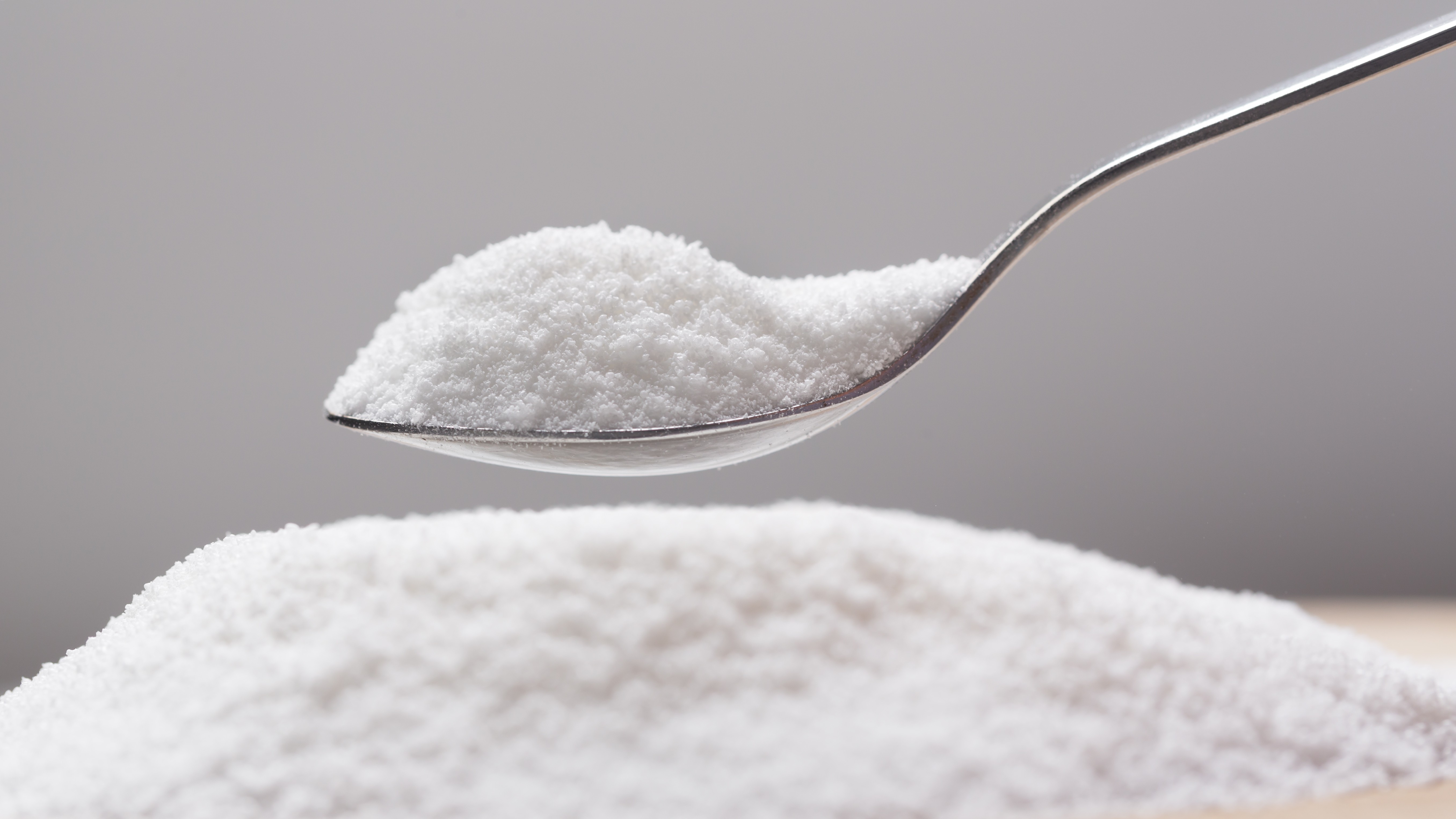WASHINGTON — President Trump vowed Monday to “substantially” jack up the US tariff on imports from India due to New Delhi’s continued purchase of Russian oil as Moscow’s invasion of Ukraine grinds on.
“India is not only buying massive amounts of Russian Oil, they are then, for much of the Oil purchased, selling it on the Open Market for big profits,” Trump warned on Truth Social.
“They don’t care how many people in Ukraine are being killed by the Russian War Machine. Because of this, I will be substantially raising the Tariff paid by India to the USA.”
Trump’s reference to “the Russian War Machine” comes as the president has taken a harder line toward the Kremlin for resisting his efforts to broker an end to Europe’s bloodiest conflict since World War II.
Last week, Trump announced the US would charge a 25% duty on imports from India effective at 12:01 a.m. Thursday.
That is one day ahead of the Aug. 8 deadline Trump has given to Russia to pursue peace with Ukraine or face secondary sanctions or tariffs — penalties on countries that continue purchasing oil from Moscow.
It was not immediately clear whether Trump’s Monday threat referred to planned secondary tariffs on India or increasing the primary tariff on imports above 25%
India and China are widely seen as the two largest purchasers of Russian oil, which has helped the Kremlin withstand crippling sanctions and finance its invasion since it began in February 2022.
Trump special envoy Steve Witkoff is expected to travel to Russia Wednesday to take another crack at persuading the Kremlin to begin negotiations.
The president’s relationship with the world’s largest democracy and its prime minister, Narendra Modi, has cooled since his first term. In 2019, for example, Trump joined Modi at a massive “Howdy, Modi” rally in Houston and was later invited to a massive “Namaste Trump” event in early 2020 during his first official visit to India.
Trump has also bragged about his efforts to help mediate India’s May clashes with Pakistan, an effort for which the Islamabad government nominated him to receive a Nobel Peace Prize.
But Modi, 74, has been defiant in the face of the president’s threats, stressing that “India also has to be vigilant about its economic interests.”
Since gaining independence from the United Kingdom in 1947, India has tried to balance its relationships between east and west — pioneering the so-called “Third Way” of international diplomacy during the Cold War.
New Delhi has carefully navigated the war in Ukraine, refraining from openly supporting the invasion or condemning it.
Before the war broke out, roughly 1% of India’s imports came from Russia, a proportion that has now grown to more than one-third.
India takes in about two million barrels of Russian crude oil daily on average, putting it just behind China as the second-largest importer.
While Russia has largely withstood an onslaught of Western sanctions, its economy minister admitted in June that the country is on the brink of recession. Putin has also claimed that the Kremlin intends to shrink its military budget despite the ongoing war.
Last week, Trump announced that he was moving two nuclear submarines to “the appropriate regions” in response to provocative statements from loudmouth former Russian President Dmitry Medvedev, now deputy chairman of the Security Council of Russia, who suggested the US was heading “towards war.”
Meanwhile, Kremlin spokesperson Dmitry Peskov told Russian media that Putin “does not rule out the possibility of holding such a meeting” with Ukrainian President Volodymyr Zelensky “but only after the necessary work is done at the expert level and the appropriate distance is overcome.”














